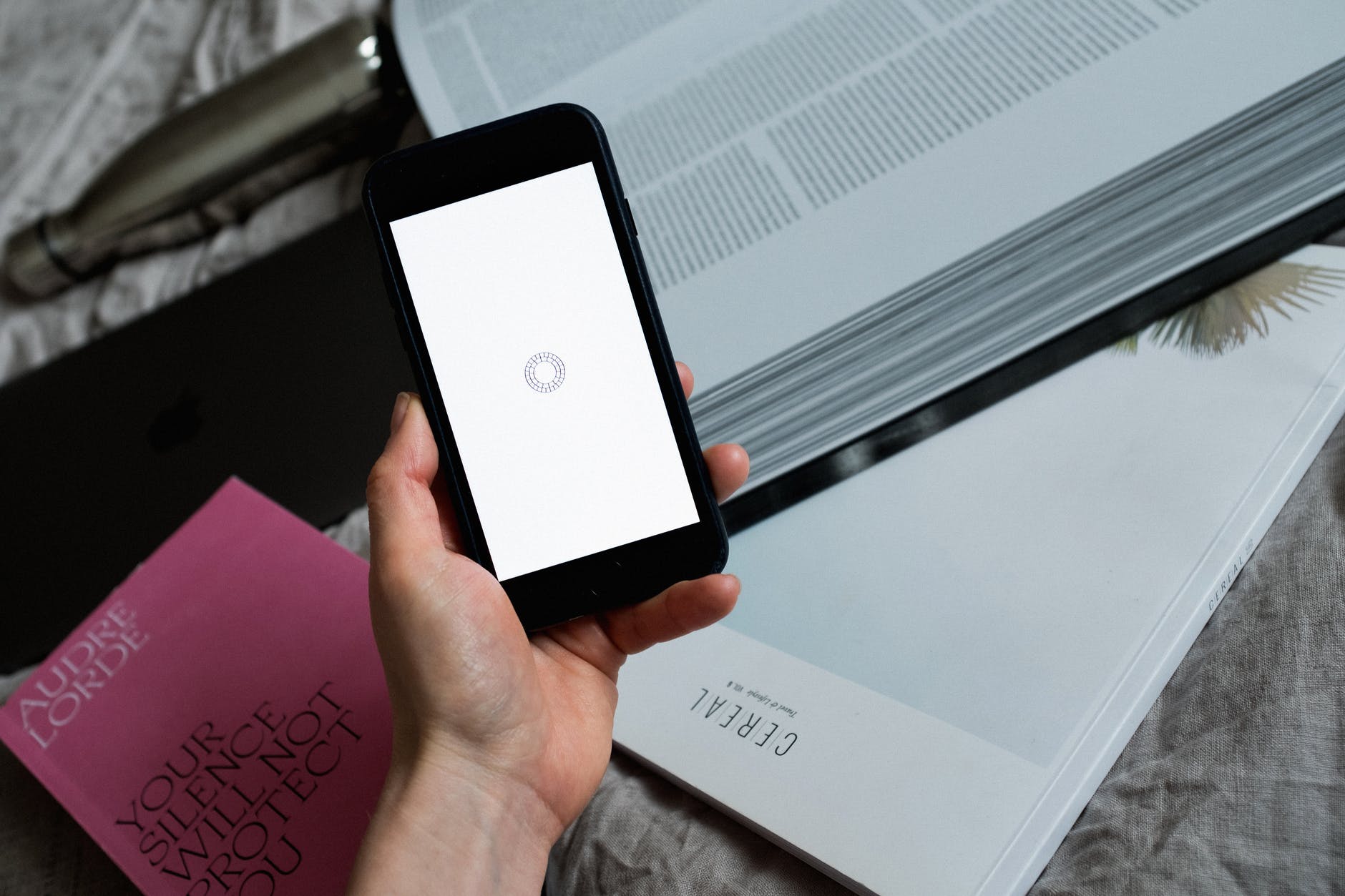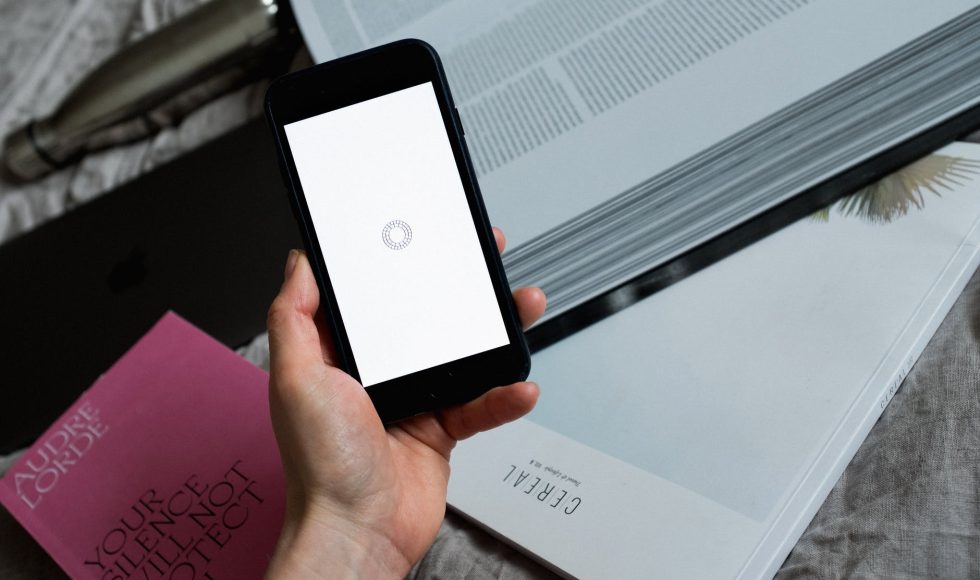I am moving on to Day 2 of OERxDomains2 sessions. Jane Secker and colleagues Hasan Munir, Ahmed El-Shareif, and Kanan Barot from City University presented about “The Impact of Teaching Digital Literacies and Open Practices” through accredited modules. Secker mentioned that they have run the module three times as well as a similar module taught in Uruguay. The structure of the course consists of three teaching days with the first day focusing on definitions/terminology, the second on digital scholar and open practices, and the third digging into digital literacy. A series of webinars bring in speakers. The third day of the module brings in a role playing board game called “The Publishing Trap” that sounds really interesting! Barot mentioned the rich discussions from the webinars. Munir talked about the readings and knowledge of how information is disseminated. El-Shareif was honest about how the modules helped them change their educational practices and begin to share more information. Secker also conducted semi-structured interviews to learn about what motivated people to be open and confidence around digital literacy. Secker found that building a community of practice, sharing research practices/tools, and inclusiveness were among the motivations for participants to learn about digital literacies and open practices. Secker concluded that the module’s impact is small but significant and involving senior management in open practices is critical. I thought it was encouraging to see that inclusivity and social justice were mentioned as motivation to take the module and adopt open practices. Also, the panelists who took the module Secker helped create all mentioned being “converted” by the course. Now that isn’t a “small impact” and has changed the participants and how they continue their professional activities. Secker also mentioned being open to sharing the module with others! I wonder if we could embed into BIT 295 or another Biotechnology module?
Another session with Ewan McAndrew entitled “Wikipedia in the Classroom in the New Normal” caught my attention because I have been hoping to include a Wikipedia assignment or voluntary “adventure” this fall. We enjoyed editing the Delftia pages last fall. I was impressed by the energy, commitment, and research the team demonstrated. McAndrew shared a Wikimedia project a student intern worked on and the need for this type of projects/opportunities during the pandemic. The intern helped create tutorial videos and attended edit-a-thons and conferences. What a cool experience! McAndrew mentioned how students in other courses including public health worked to contribute to and enrich Wikipedia. Students in another project do short 3-hour workshops with digital media librarians and write and publish an article on reproductive health topics not covered in Wikipedia. McAndrew described Wikipedia projects in Islamic art and translations. Quotes shared by students suggest deep engagement and how they recognize the value of contributing to real-world products. McAndrew mentioned that it was important for students to learn the process of creation of knowledge, publishing, debating, and correcting online information in Wikipedia. In a short video clip, a student described how the Wikipedia editing experience was not just working with peers in a class; they were contributing to and collaborating with a global community. Several projects were connected to public health and social justice. Students volunteered for some projects demonstrating intrinsic motivation. McAndrew emphasized how these assignments teach writing, digital literacy, and communication skills. I agree! The Delftia team was so engaged last year. The WikiEdu resources are fantastic. We should take Wikipedia seriously as an educational opportunity. I know the group of volunteer students last year learned AND contributed much more than if I had just assigned articles on a topic. What will our next Wikipedia assignment be?



